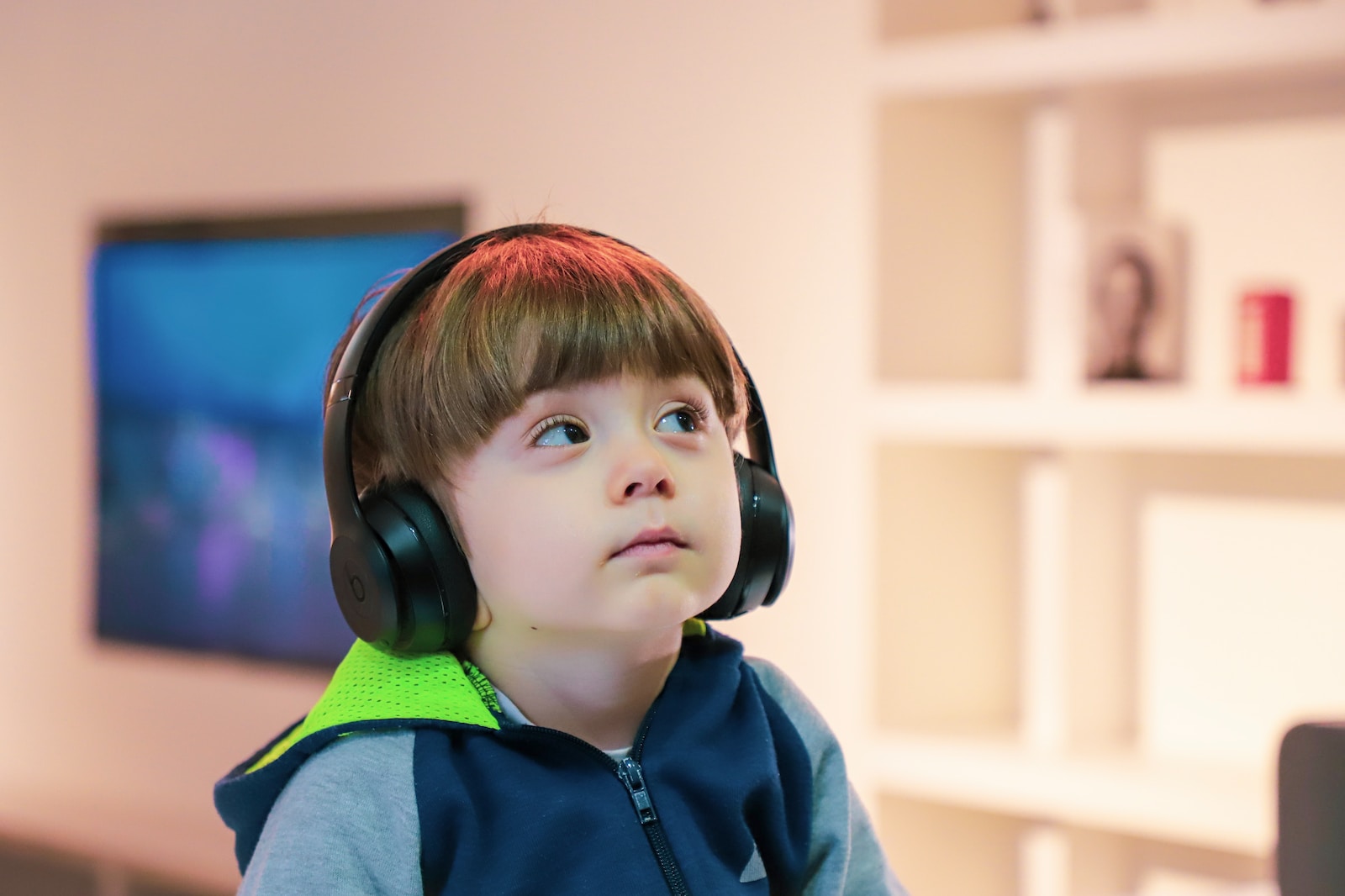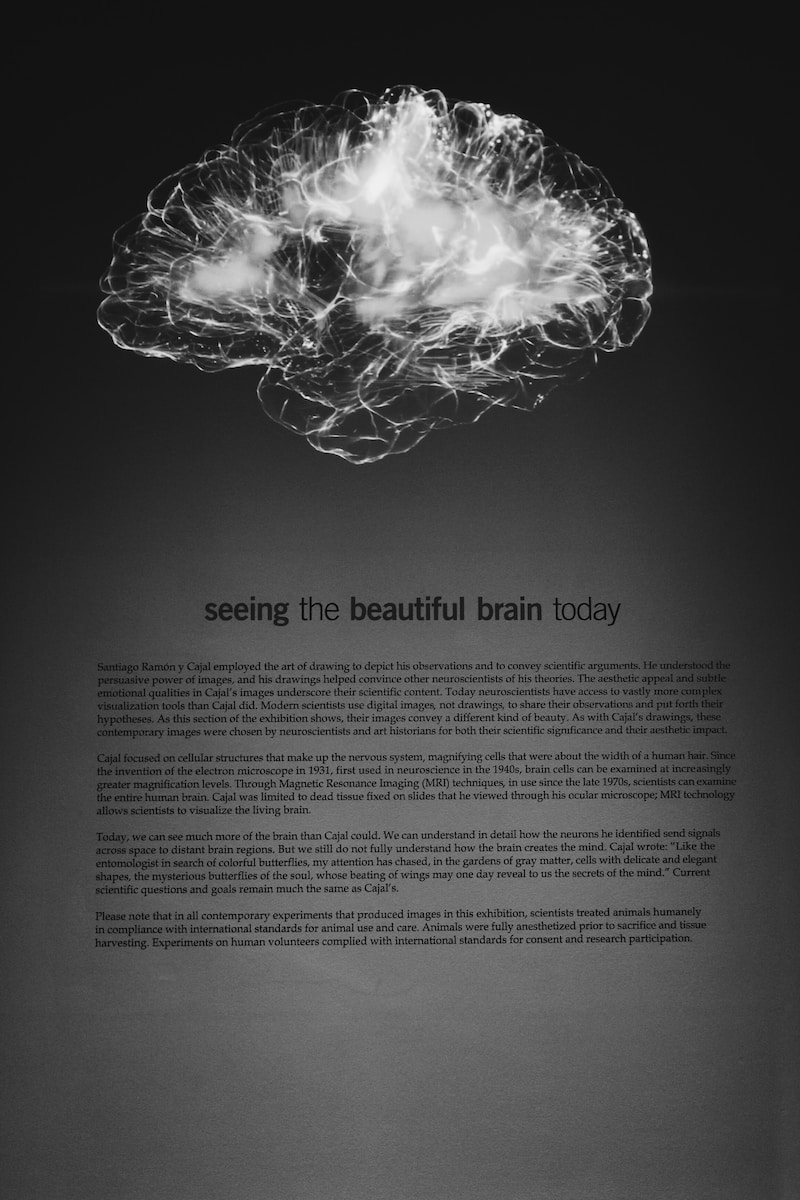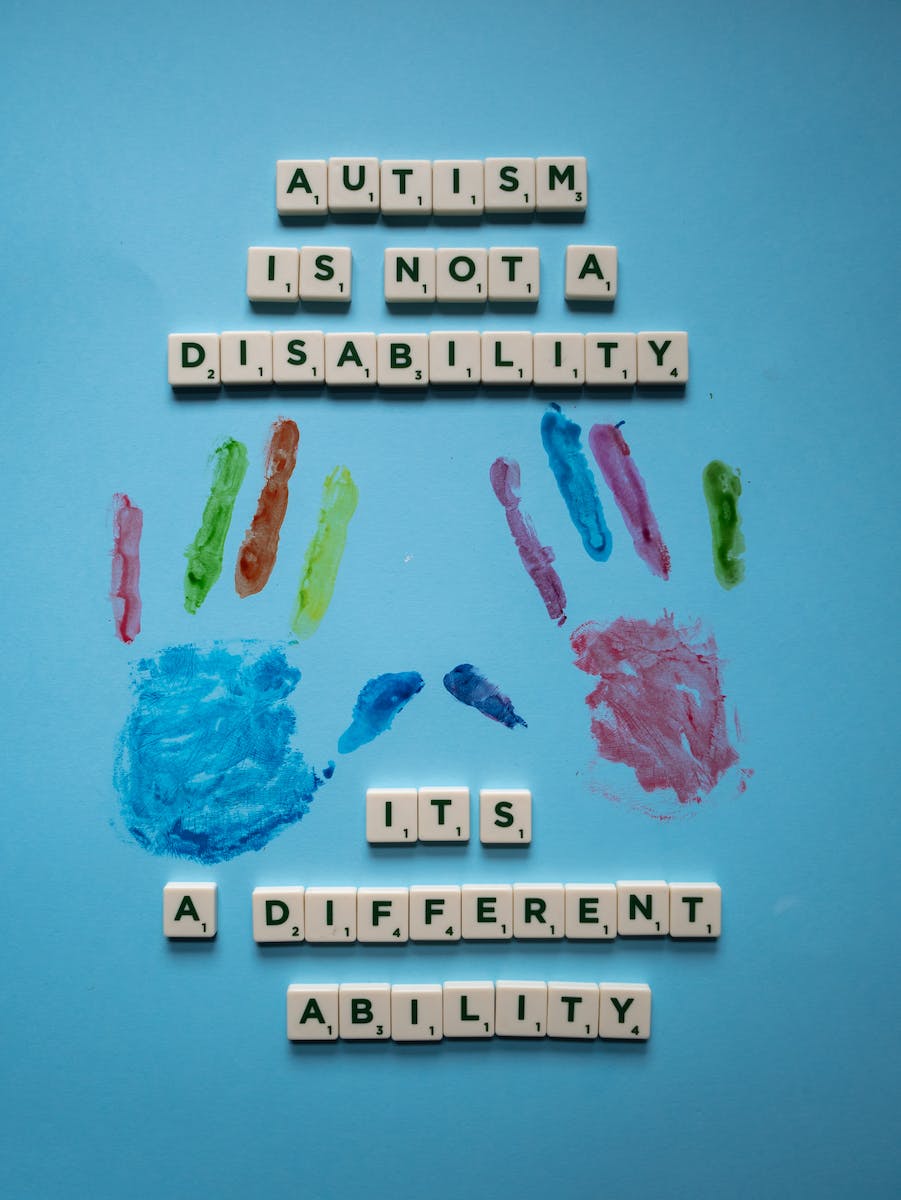Ever wondered how your brain’s wiring affects your childhood memories? Well, you’re in for a treat! Our mind-boggling exploration of autism and memory recall is just the thing to get your neurons firing. You’ll discover how the autistic brain holds keys to unlock those elusive memories. So, brace yourself – we’re about to delve into the fascinating world of brain states and memory retrieval!
Understanding Autism and Brain States

It’s crucial to delve into understanding autism and brain states to help us unlock the mysteries of childhood memories. Now, I can almost hear you say “whoa, that’s heavy stuff,” but bear with me here – it’s not rocket science (although neurology is pretty close).
Autism isn’t just a one-stop-shop diagnosis. It’s like ordering coffee at an artisan café. From lightly affected ‘long black’ folks to your strong full-bodied ‘latte’ individuals, all have unique experiences and impacts on memory storage.
Now imagine your brain as Dora the Explorer’s backpack. Yes, work with me here! In there are folders – emotions, habits…and then we’ve got our sweet memories folder. In a typical brain (whatever that is!), it’s kind of organized…ish; but when autism enters the dance floor things shuffle up.
We’re discovering that ‘autistic brains’ store and retrieve memories differently than their neurotypical counterparts – which might explain why some kiddos remember every single dinosaur name from the Jurassic period while forgetting where they left their shoes! So stay tuned folks! We could be cracking open a whole new world of memory understanding soon enough!
The Science Behind Childhood Memory Retrieval

You’re about to delve into the fascinating science behind how we retrieve our earliest recollections. Picture this: those memories lolling around somewhere in your brain like a lost sock in a laundry pile. You know it’s there, but where exactly?
Now, retrieving a memory isn’t as easy as finding that missing sock- unless you’re one of those exceptionally gifted people who can locate anything in an epic mountain of clothes! Scientists believe that memories reside within vast networks of neurons.
So, imagine your brain’s a bit like spaghetti junction on steroids – potentially millions of routes leading to the destination (aka memory). Now add some traffic officers (working or not), direction signs in Latin and maybe a few farm animals for good measure! Finding your way would be challenging, right? That’s what retrieving childhood memories is like.
But don’t despair; scientists are tirelessly working on unlocking these complex neurological mysteries. Soon they might have the accurate map (or GPS if you prefer) needed to smoothly navigate through Memoryville without hitting any stubborn mules or getting stuck at incomprehensible roundabouts!
Autism and Memory: An Intricate Relationship

Navigating the complex labyrinth of memory recall gets a bit trickier when dealing with spectrum disorders, doesn’t it? It’s like trying to untangle your earphones after they’ve spent a week at the bottom of your bag.
Now imagine that those tangled earphones are actually spaghetti strands of memories we’re dealing with. For those on the autism spectrum, memory is a multi-layered lasagna! What does this even mean, you ask? Well, scientists have found that people with Autism Spectrum Disorder (ASD) often show superior skills in some types of memory. Memory recall for them isn’t just about retrieving information; it’s more like conducting an orchestra.
One study found individuals with ASD could nail remembering details better than their neurotypical peers – remember where you left your keys last Tuesday? Chances are someone with ASD does. But hey, before you decide to hire someone on the spectrum as your personal key-finder or detail-rememberer (though what a niche job!), know that there’s much more to this intricate relationship between autism and memory.
It’s not all symphonic harmony though – aspects can be discordant and out-of-tune…but then again, who’s life composition ever hit all the right notes? Ahh yes indeed, memory! That fascinatingly fickle friend…
The Role of Brain States in Memory Access

Buckle up, friend, because we’re diving headfirst into the fascinating world of brain states and their heavy hand in accessing memories. Think your brain’s a passive player in recalling those misty water-colored moments? Well, you’re about to discover it’s more like a bouncer at an exclusive club, meticulously deciding who gets past the velvet rope of consciousness.
Brain States’ Impact
It’s fascinating to see how brain states can greatly influence the retrieval of childhood memories, particularly in individuals with autism. Now, don’t be silly and think we’re talking about fifth state matter or fragile emotional states like “I’m fine.” No, we’re talking about mental stages here – relaxed, alert, stressed – these pesky moods that play more hide’n’ seek with our memories than a super-sneaky ninja squirrel.
Let’s say you’re at ease like a sloth on sedatives – your mind may pull out pleasant recollections. On the other hand, under stress – there could be an ugly parade of past embarrassments instead. For folks on the spectrum, it’s a tad tricky but understanding how their unique mind works could lead to unlocking those hazy memories. Isn’t that just brain-boggling?
Memory Access Mechanisms
You’re now diving into the mechanisms of memory access, a complex process that’s as intricate as a Swiss watch. It’s like your grandma’s attic – you know, filled with jumbled up trinkets and treasures from decades ago? Only you get to play Indiana Jones in there! When you recall something, it’s virtually the brain version of “Raiders of the Lost Ark.” Let me tell ya, locating that dusty old vinyl record of memories isn’t easy!
The neurons do their little tango dance where one leads another through the tangled mess within your grey matter. Retrieval cues act as breadcrumbs for Hansel & Gretel neurons getting lost in your brain forest searching for granny’s house… I mean, your 2nd-grade school photo.
Methods to Facilitate Memory Recall in Autistic Children

There’re several innovative techniques being explored to aid memory recall in autistic children. “And you thought using a GPS to navigate the grocery store was innovative!”, your chuckle almost spills your morning coffee.
Consider this mind-bending method called neurofeedback, where brainwave patterns are tweaked like a fussy artist adjusts his beret. The kid dons an EEG cap (a homey space-age fashion trend) and watches computer screens flashing ‘yes’ when their little grey cells hit the sweet spot.
But wait, the fun doesn’t stop at quirky headgear! Then there’s play-based therapy – not too far from how you convince yourself that 5 minutes more on the treadmill is totally achievable if you just imagine those calories crying out in defeat. Play-based therapy uses role-play and toys as stepping stones to unlock those darn elusive memories, enticing them out like shy kittens with tuna treats.
In short, kiddo’s noggin becomes part science experiment, part playground – but wholly focused on softening down the walls of Fort Knox-like recall barriers we’d rather didn’t exist. It’s pioneering stuff that can make remembering easier for these amazing kids — because nobody likes forgetting where they put their favorite toy spaceship… or that life-saving cuppa Joe!
Case Studies: Memory Recovery in Children With Autism

Diving into some real-life examples, let’s take a look at how these memory recovery techniques have been put to the test in actual scenarios. Picture this: young Jamie, a whiz with numbers but a total stranger to yesterday’s breakfast. His parents are desperate for him to remember his roots and not just his root squares! Here enters Dr. Memory!
Now, Doc starts small—just getting Jamie to recall what he ate for dinner last night—a tricky task given the kid couldn’t differentiate between spaghetti and squiggly worms (a hilarious yet horrifying childhood mistake). But through sensory cues like smell and touch alongside visual aids (no more accidental worm-consumption), progress is made.
Next up, old holiday memories; they’re as dust-covered as that ugly Christmas sweater Aunt Marge insists on gifting each year! With tactful prodding through photos and family narratives (we don’t talk about Uncle Bob’s reindeer impressions… it’s just too much), fragments of bygone happy holidays start peeking out from Jamie’s mind.
Voila! These hard-fought recollections aren’t just triumphs for Jamie but also glimmers of hope for countless families navigating autism’s often foggy memory lane. Keep those chin-ups though—laughter remains the best medicine after all!





